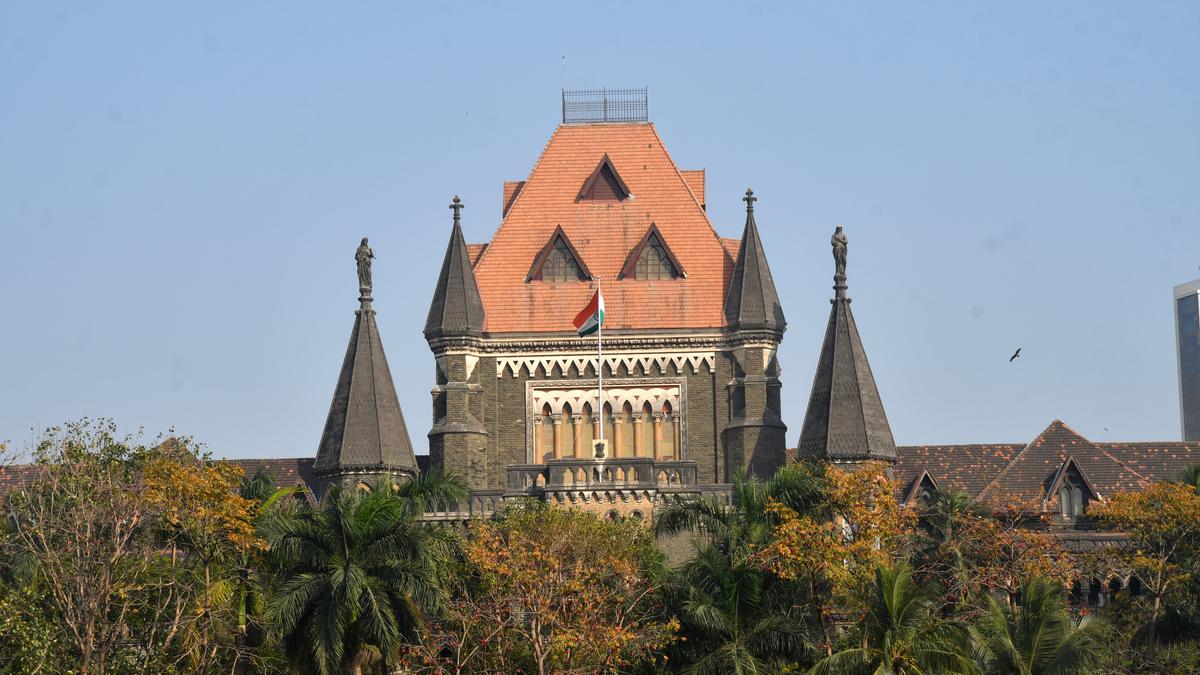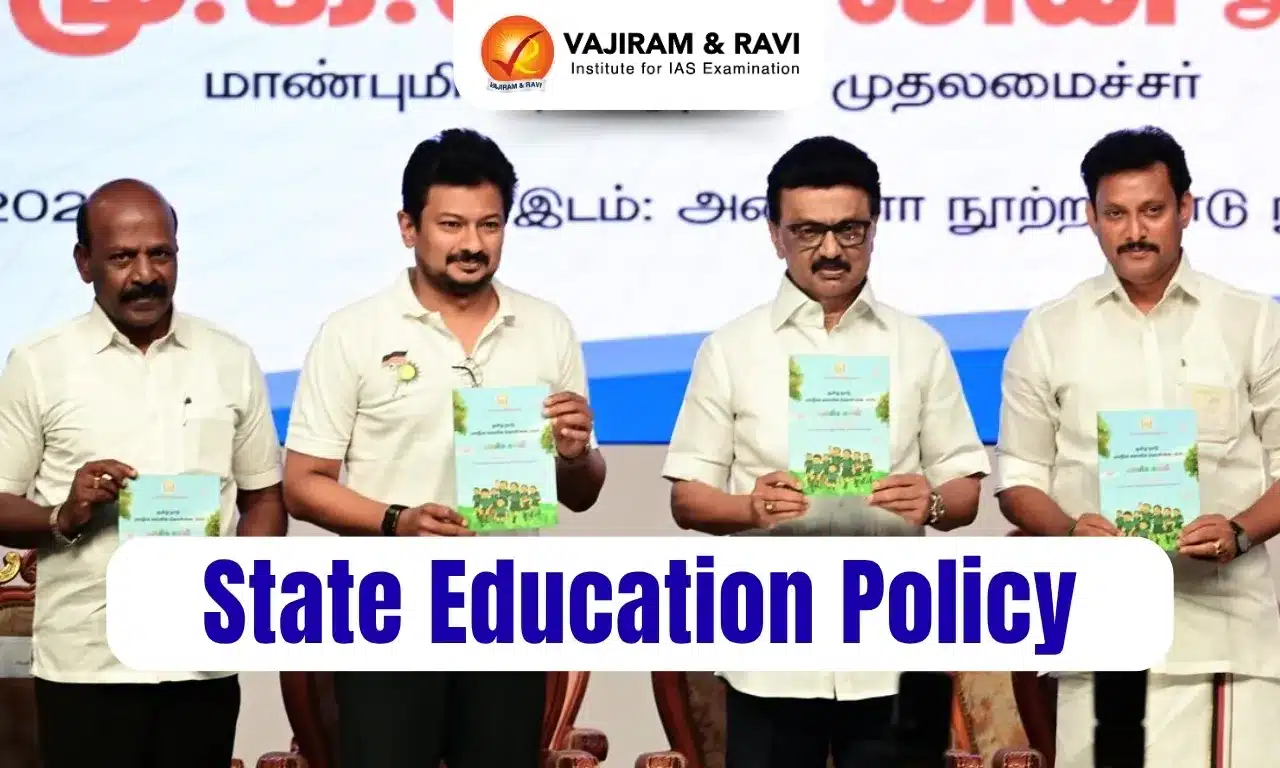What’s in today’s article?
- Why in News?
- Background
- IT (Intermediary Guidelines and Digital Media Ethics Code) Rules, 2021
- About Information Technology Amendment Rules, 2023
- FCU & the Freedom of Speech Debate
- News Summary
- Concerns Raised by the High Court
- Central Government’s Argument
Why in News?
- The Bombay High Court on September 29 reserved its verdict in a batch of petitions challenging the constitutionality of the Information Technology (Intermediary Guidelines and Digital Media Ethics Code) Amendment Rules, 2023.
- The Rules permit a fact check unit of the Union Government to identify “fake or false or misleading” online content “related to the business of the Central Government” and demand its removal.
Background
- Intermediaries are entities that store or transmit data on behalf of other persons, and include telecom and internet service providers, online marketplaces, search engines, and social media sites.
- The Information Technology Act, 2000 was amended in 2008 to provide an exemption to intermediaries from liability for any third party information.
- Following this, the IT (Intermediary Guidelines) Rules, 2011 were framed under the IT Act to specify the due diligence requirements for intermediaries to claim such exemption.
- Later on, Information Technology (Intermediary Guidelines and Digital Media Ethics Code) Rules, 2021 were notified in February, 2021, to replace the 2011 Rules.
IT (Intermediary Guidelines and Digital Media Ethics Code) Rules, 2021
- The rules were notified by the MeitY in February, 2021.
- The Rules provide the due diligence to be followed by an intermediary (including social media intermediary) while discharging its duties, Grievance Redressal Mechanism and Digital Media Code of Ethics.
- Due Diligence to be followed by Intermediary –
- Prominently publish on its website (or mobile based application or both), the rules and regulations, privacy policy and user agreement for access or usage of its computer resource by any person;
- The rules have modified the categories of content that users are not allowed to upload or share.
- Periodically (at least once in a year) inform its users of its rules and regulations, privacy policy or user agreement.
- Grievance Redressal Mechanism of Intermediary –
- The intermediary must ensure to prominently publish on its website/mobile based application, the name of the Grievance Officer and his contact details.
- It must provide a mechanism by which a user or a victim may make complaint against violation of the provisions of this rule or any other matters pertaining to the computer resources made available by it.
- Grievance Officer shall acknowledge the complaint within 24 hours and resolve it within fifteen days from its receipt.
- Additional Due Diligence for Significant Social Media Intermediary (SSMI) –
- The 2021 Rules define social media intermediaries as intermediaries which primarily or solely enable online interaction between two or more users.
- Intermediaries with registered users above a notified threshold will be classified as significant social media intermediaries (SSMIs).
- SSMI shall appoint a Chief Compliance Officer who shall be responsible for ensuring compliance with the Act.
- SSMI shall appoint a nodal contact person for 24×7 coordination with law enforcement agencies and officers to ensure compliance to their orders or requisitions made in accordance with the provisions of law or rules made thereunder.
- Identifying the first Originator of Information –
- An SSMI which primarily provides messaging services (for example WhatsApp), must enable the identification of the first originator of information within India on its platform.
- Ensuring Online Safety and Dignity of Users –
- Intermediaries shall remove or disable access within 24 hours of receipt of complaints of contents that exposes the private areas of individuals, show such individuals in full or partial nudity or in sexual act or is in the nature of impersonation including morphed images etc.
- Such a complaint can be filed either by the individual or by any other person on his/her behalf.
- Oversight Mechanism –
- Ministry of Information and Broadcasting shall formulate an oversight mechanism.
- It shall publish a charter for self-regulating bodies, including Codes of Practices. It shall establish an Inter-Departmental Committee for hearing grievances.
About Information Technology Amendment Rules, 2023
- In April 2023, the Government introduced new rules called the Information Technology (Intermediary Guidelines and Digital Media Ethics Code) Amendment Rules, 2023.
- The most contentious modification introduced by the 2023 Amendment is discussed below:
- Fact Check Unit (‘FCU’):
- The Rules require the SMIs, SSMIs (such as Twitter, Facebook, etc.) and Online Gaming Intermediary to inform their users to not ‘host, display, upload, modify, publish, transmit, store any information which is ‘identified as fake or false or misleading by a fact check unit of the Central Government‘ in respect of any business of the Central Government.
- The MeitY is empowered to notify the fact check unit of the central government to identify fake, false, or misleading information about any central government business.
- In cases where information has been flagged as false or misleading, intermediaries are expected to take down the content.
- The FCU can instruct intermediaries (including social media sites) not to host such content.
FCU & the Freedom of Speech Debate
- The proposed introduction of the FCU has raised concerns among internet freedom activists.
- The amendment, however, does not define the term ‘any business of the Central government.’
- Experts have warned that intermediaries are likely to protect their own commercial interests rather than risk losing safe-harbour protection for non-compliance with the directions of the FCU, even at the cost of curbing their users’ right to freedom of speech and expression.
- Under IT Act, safe harbour safeguard essentially exempts intermediaries from liability for any third-party information made available or hosted by them, provided they observed “due diligence” while performing their obligations under the IT Act.
News Summary
- The Bombay High Court on September 29 reserved its verdict in a batch of petitions challenging the constitutionality of the Information Technology Rules, 2023.
- The petitioners contend that the provision of a Fact Check Unit would enable government-led censorship online and empower the government to be the “prosecutor, the judge, and in that loose sense, the executioner” of what constitutes the ‘truth’ online.
- Bringing to an end to the weeks of arguments on free speech and government censorship, a bench comprising of the Bombay High Court said that it will pass its ruling on the controversial amendment on December 1.
Concerns Raised by the High Court
- Early on in the proceedings, in April, the Bombay High Court observed that the amended Rules no matter how well-intentioned, lack necessary safeguards.
- The Court expressed the opinion that prima facie, the Rules do not seem to offer protection to fair criticism of the government like parody and satire.
- Highlighting the ambiguity surrounding the term “any business of the Central government,” the Court wondered if speeches made ahead of the 2024 Lok Sabha elections would fall within its ambit.
- The Court questioned why the Rules would exclusively affect digital media, and not its print counterparts.
- Also, the Court questioned why the monitoring was only limited to government business and not to every piece of information available on the internet.
Central Government’s Argument
- Defending this provision, the government has argued that the FCU will only notify intermediaries or online platforms that the content they are hosting is fake, false, or misleading, and the intermediaries can choose to take it down or leave it up with a disclaimer.
- Highlighting that the FCU’s notice is merely advisory, the government submitted that in case a user is aggrieved by the intermediary’s decision, they can avail of a remedy before a court of law, which will be the final arbiter on the matter.
- Also, the government has apprised the Court that the FCU will not be notified until the judgment is delivered.
Q1) What is the role of CERT-In India?
The Indian Computer Emergency Response Team (CERT-In or ICERT) is an office within the Ministry of Electronics and Information Technology of the Government of India. It is the nodal agency to deal with cyber security threats like hacking and phishing.
Q2) What is “Internet of Things”?
The Internet of things describes devices with sensors, processing ability, software and other technologies that connect and exchange data with other devices and systems over the Internet or other communications networks. The Internet of things encompasses electronics, communication and computer science engineering.
Source: The Bombay High Court’s concerns regarding the Centre’s Fact-Check Unit
Last updated on July, 2025
→ UPSC Notification 2025 was released on 22nd January 2025.
→ UPSC Prelims Result 2025 is out now for the CSE held on 25 May 2025.
→ UPSC Prelims Question Paper 2025 and Unofficial Prelims Answer Key 2025 are available now.
→ UPSC Calendar 2026 is released on 15th May, 2025.
→ The UPSC Vacancy 2025 were released 1129, out of which 979 were for UPSC CSE and remaining 150 are for UPSC IFoS.
→ UPSC Mains 2025 will be conducted on 22nd August 2025.
→ UPSC Prelims 2026 will be conducted on 24th May, 2026 & UPSC Mains 2026 will be conducted on 21st August 2026.
→ The UPSC Selection Process is of 3 stages-Prelims, Mains and Interview.
→ UPSC Result 2024 is released with latest UPSC Marksheet 2024. Check Now!
→ UPSC Toppers List 2024 is released now. Shakti Dubey is UPSC AIR 1 2024 Topper.
→ Also check Best IAS Coaching in Delhi















